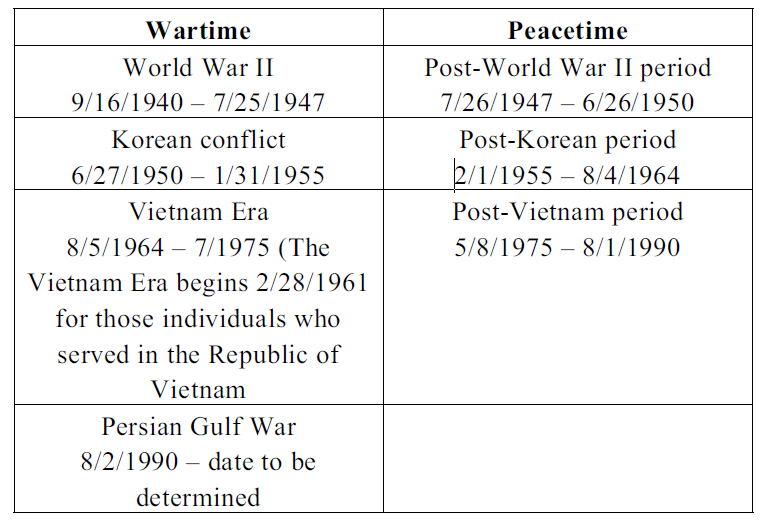Why You Should Opt Out of Prescreened Credit Offers https://www.optoutprescreen.com/ When you apply for a…
Understanding Loan-Level Price Adjustments – LLPAs in Colorado
Summary:
In this post, we’ll explain what Loan-Level Price Adjustments (LLPAs) are, why they matter for homebuyers and homeowners in Colorado Springs, and how they influence mortgage costs. We’ll discuss real examples from Fannie Mae’s official LLPA matrix, show how different levels of buyers are impacted, and clarify why these adjustments are crucial for managing lender risk. By understanding LLPAs, you can better navigate the mortgage process with confidence—especially when working with an expert mortgage professional at 719 Lending.
What Are Loan-Level Price Adjustments (LLPAs)?
LLPAs are pricing adjustments applied by lenders to account for borrower and loan characteristics that influence the level of risk associated with a mortgage. Factors such as credit score, loan-to-value (LTV) ratio, and property type can trigger these adjustments. LLPAs affect the interest rate or fees you pay, ultimately influencing your monthly payment and total loan cost.
For a detailed, expert-level explanation, you can reference the comprehensive LLPA White Paper. In addition, Fannie Mae’s official LLPA Matrix provides a clear, authoritative reference on how different borrower profiles affect pricing.
Why Do LLPAs Exist?
Lenders must manage risk carefully. Borrowers with stronger credit profiles or larger down payments generally present less risk. Therefore, these borrowers are often subject to fewer or lower LLPAs, resulting in more favorable interest rates. On the other hand, borrowers perceived as higher risk—perhaps due to lower credit scores, higher LTV ratios, or property types like condos—tend to face higher LLPAs.
Over time, LLPAs have evolved to reflect current market conditions and regulatory guidelines. Agencies like CFPB and HUD provide frameworks and oversight to ensure fairness and stability in the mortgage market. By assigning risk-based fees, lenders can maintain a balanced mortgage ecosystem, making homeownership accessible throughout Colorado Springs and the entire state of Colorado, while still protecting their portfolios.
How LLPAs Affect Different Levels of Buyers
First-Time Buyers in Colorado Springs:
If you’re just entering the market, LLPAs might seem like a confusing extra layer of cost. Yet, understanding them gives you power. Suppose you have a mid-range credit score and are putting down a modest down payment. In that scenario, LLPA charges might increase your interest rate slightly. However, if you work on improving your credit before applying or save for a larger down payment, you can minimize those adjustments.
Move-Up Buyers:
Perhaps you already own a home and are looking to upgrade in the Colorado Springs real estate market. If you’ve built more equity this time around and improved your credit score, you may qualify for fewer LLPAs. Essentially, your stronger financial profile can help keep mortgage costs lower.
Refinancing Homeowners:
If you’re refinancing, changes in your credit score or property value since your original loan was issued might now trigger different LLPAs. A higher home value or better credit could reduce your adjustments, resulting in lower monthly payments going forward.
Real-World Examples Using the LLPA Matrix
Fannie Mae publishes an LLPA matrix that outlines pricing adjustments based on credit score, LTV ratio, and other factors. While the exact numbers can vary over time, the concept remains the same: better credit and lower LTV ratios usually mean fewer or smaller LLPAs.
Example (Hypothetical Scenario):
- Borrower A: 740 credit score, 20% down (80% LTV), primary single-family residence.
- Borrower B: 660 credit score, 20% down (80% LTV), primary single-family residence.
According to a typical LLPA matrix, Borrower A might face a lower LLPA due to a stronger credit score. Borrower B, having a lower credit score, could see a higher LLPA that translates into either a higher interest rate or additional fees.
Sample LLPA Chart (Hypothetical Example)
(For Illustrative Purposes Only; Refer to the Official Fannie Mae LLPA Matrix for Current Data)
| Credit Score Range | LTV ≤ 80% | LTV 81-85% | LTV 86-90% | LTV 91-95% |
|---|---|---|---|---|
| ≥ 780 | 0.000% | 0.000% | 0.250% | 0.500% |
| 740-759 | 0.000% | 0.250% | 0.500% | 0.750% |
| 700-719 | 0.500% | 0.750% | 1.000% | 1.250% |
| 660-679 | 1.250% | 1.500% | 1.750% | 2.000% |
| 620-639 | 2.000% | 2.250% | 2.500% | 3.000% |
Interpreting the Chart:
- A borrower in the 740-759 credit range at 80% LTV might have no additional LLPA.
- A borrower in the 660-679 range at the same LTV could have a 1.25% LLPA, which could translate to a higher interest rate or upfront fee.
These differences illustrate why working to improve your credit or adjusting your down payment amount can have tangible financial benefits.
Why LLPAs Are Important for Lender Risk Taking
Lenders must ensure their loan portfolios are financially sound. Higher-risk loans—due to low credit scores, small down payments, or certain property types—are more likely to experience defaults. By applying LLPAs, lenders offset these risks with additional fees. This helps maintain the stability of the mortgage market and ensures that a wide range of loan products remain available to borrowers across Colorado.
For you as a borrower, understanding LLPAs means you can proactively shape your mortgage profile. By making strategic choices—such as improving your credit or waiting until you have a larger down payment—you can lower lender-perceived risk. This often leads to fewer LLPAs and a more favorable mortgage outcome.
Steps to Minimize the Impact of LLPAs
- Improve Your Credit Score:
Pay down high-interest debts, check for credit report errors, and avoid late payments. A higher credit score often means fewer LLPAs. - Increase Your Down Payment:
If possible, aim for a lower LTV ratio. Saving a bit more upfront can significantly reduce adjustments. - Explore Different Loan Products:
A mortgage professional at 719 Lending can guide you to loan types that best fit your profile—some loan programs inherently carry fewer LLPAs. - Get Pre-Approved Early:
Understanding your potential LLPAs in advance allows you to improve relevant factors before finalizing your loan. - Partner with an Expert:
Working with 719 Lending, experienced in Colorado Springs real estate, means you’ll have expert guidance on reducing risk factors to achieve more favorable terms.
How 719 Lending Can Help
At 719 Lending, our mortgage professionals specialize in helping borrowers navigate LLPAs. We will review your credit profile, down payment strategy, and home type to identify ways to reduce adjustments. Our local expertise in Colorado Springs real estate ensures you receive tailored advice that makes sense for the area’s dynamic market.
Ready to explore your options?
[Check out our Home Loan Options] and connect with a loan officer at 719 Lending today. With our guidance, you’ll be fully prepared to understand LLPAs and secure a mortgage that matches your financial goals.
Frequently Asked Questions
Q: Can I negotiate LLPAs directly with the lender?
A: Typically, LLPAs are set based on fixed criteria (like credit score and LTV) and aren’t negotiable. However, you can influence them indirectly by improving your credit or adjusting your loan parameters.
Q: How often do LLPAs change?
A: LLPAs can evolve as market conditions and regulatory standards shift. Staying informed and working with an experienced professional at 719 Lending ensures you’re aware of the latest LLPA guidelines.
Q: Are LLPAs the same for every loan type?
A: Different loan products have varying LLPA structures. Conventional loans often follow Fannie Mae’s matrix, while government-backed loans like FHA or VA have their own pricing frameworks.
In Conclusion:
Understanding Loan-Level Price Adjustments is key to making informed decisions as a homebuyer or homeowner. By knowing how credit scores, LTV ratios, and property types influence LLPAs—and taking steps to improve your borrower profile—you can secure more favorable mortgage terms. Most importantly, partnering with 719 Lending ensures you have the guidance, local knowledge, and support you need as you navigate the dynamic Colorado Springs real estate market.



